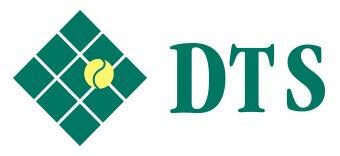Special from
Donovan Tennis
| Share: |  |
|  | |
|
|
One of the most consistent messages we hear from college tennis coaches about the recruitment process is that they wish student-athletes would take more ownership of their own recruitment. Coaches often perceive the initiation of contact and the following consistency of communication from a recruit as a mark of maturity, independence and sincere interest in the program. Working with a player directly gives coaches very valuable insight into how that individual may work within the team’s system, both on and off the court. To most coaches, taking ownership of the recruitment process is a suggestion the player may possess motivation, confidence and care, which are highly desirable characteristics of a future team member.

No matter how many times this message seems to be shared, coaches report that they often have to manage player communication amidst heavy parental involvement in the recruitment process. This forces coaches to assess a player’s potential contribution without surety that they are dealing with a player who is truly interested, desirable and capable of being a responsible team member. Examples of “red flags” prompted by parental involvement can be very subtle or overt, from sending an introductory letter on a player’s behalf to speaking for a student when sitting in on a meeting with a coach.